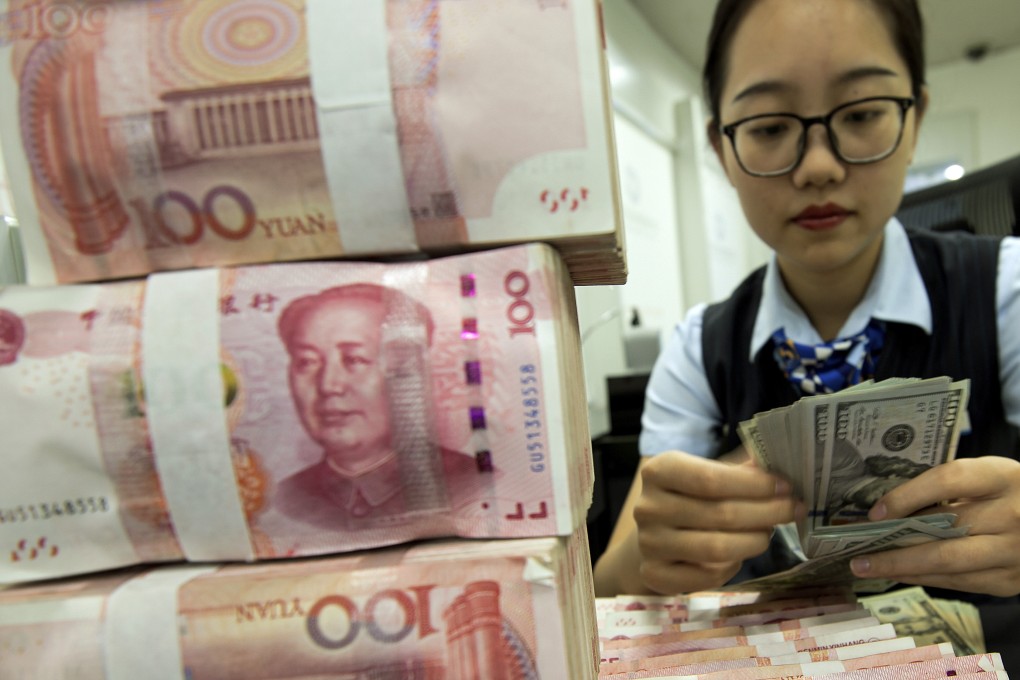Donald Trump could be ‘laying groundwork for more tariffs’ by labelling China a currency manipulator
- There is no direct US legal provision linking currency manipulation with tariff imposition, but it does free the US president up to take more unilateral action
- Other courses of action include a ban on US government procurement from China, an end to trade talks and an investigation by the International Monetary Fund

The decision by the United States government to label China as a “currency manipulator” offers the White House greater scope to act unilaterally against Beijing, which could lead to a further escalation of trade war tariffs, analysts said.
More conventional courses of action, according to the law, include a ban on US government purchases from China, a request for “rigorous surveillance” of China’s exchange rate and macroeconomic policies by the International Monetary Fund, as well as a reassessment of whether the US should even be involved in trade negotiations with Beijing.

“The currency manipulator designation does not specifically provide for the application of punitive tariffs, but it does not preclude them, either,” said Stephen Olson, a former trade negotiator with the Office of the United States Trade Representative and a research fellow at the Hinrich Foundation.